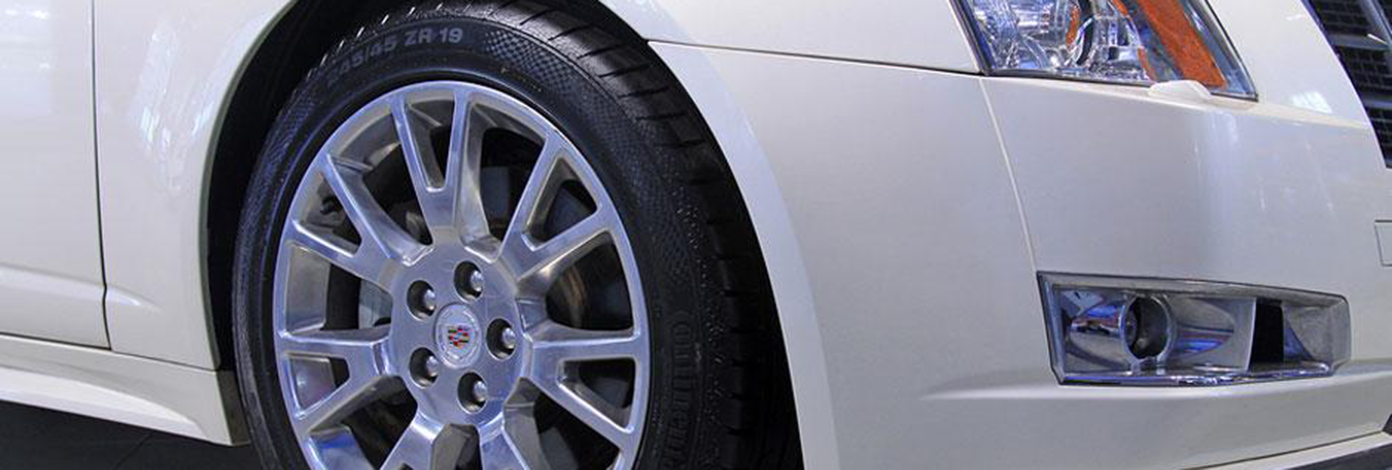Tips for first time car buyers

Published September 2022
Our tips to help find your first new car at the right price
With so many factors to consider, buying a new car for the first time can be a daunting experience. However, it doesn't have to be. Here are some tips that could help you find the right car at the right price.
Do your research
Websites and magazines such as What Car? and Autocar
offer plenty of reviews and often carry out comparison tests with similar models. Use these to help you to find the safest and most reliable car for your budget. Remember it’s not just the cost of the car you need to consider; other expenses such as road tax, servicing costs and insurance need to be taken into account as well.
Finding the best deal
Once you’ve found a car that appeals to you, it’s time to think about where to buy it from. Some people might find buying through a local franchised dealer the safest and most stress free avenue to go down. You may also want to consider an independent dealer who might offer a lower price. Again do your research, look for dealer reviews and make sure you feel confident that you really are getting a good deal.
Once you think you’ve found the car you want and decide to visit a dealer, there are a number of things to bear in mind:
- Make sure you know how much the car is worth and how much you’d be willing to pay for it, and don’t be afraid to haggle if you feel the vehicle is overpriced. Our car haggling tips could be useful for first time buyers.
- As well as trying to get a discount on the price, consider asking about any free extras that could be included, such as extended warranties or service packages.
- Remember, at some point in the future you might want to sell your car. Try to choose an attractive colour and limit the amount of pricey extras you add on. In some cases, these won’t add much to the reselling value.
Financing your new car
Some people will finance their car directly through the dealership they bought it from. However, for those who don’t have the available funds, an unsecured loan is another option. Before making a financial commitment such as this make sure you can afford it.
- Make a list of your monthly outgoings and deduct them from the income you receive each month. This will help you to determine how much you can pay back in monthly installments.
- Shop around to ensure you’re getting the best rate possible.
- Decide on the period of the loan. The longer you take to pay it off, the more interest you could pay overall, so try to opt for the shortest period you can manage.
Our guide to personal loans offers more information on this subject.
Insuring your car
Getting a good deal on insurance can often be the trickiest part of the car buying process, particularly for first time buyers. However, there are a number of things you can do to make sure you get the best price possible, including:
- Checking your car’s insurance group. Cars are divided into 50 groups by insurers, rated by factors such as their engine size and the likely cost of repairs. The higher the insurance group, the higher the premium, so before buying a new car, check its rating
.
- If you will be using the car infrequently, make sure you tell your insurer. A low mileage will generally mean a lower premium, since you are statistically less likely to be involved in an incident that would require you to make a claim.
- A comprehensive insurance policy might offer a range of optional extras at an additional charge so work out which, if any, additional benefits you need so that you don't pay for unnecessary cover.
- Making your car more secure can also decrease the amount you pay for insurance so consider fitting an approved alarm or immobiliser to your vehicle.
Buying your first car needn’t be a stressful experience. With a little research and preparation, you’ll be on the road before you know it.
This Money Talk post aims to be informative and engaging. Though it may include tips and information, it does not constitute advice and should not be used as a basis for any financial decisions. Sainsbury's Bank accepts no responsibility for the opinions and views of external contributors and the content of external websites included within this post. Some links may take you to another Sainsbury's Bank page. All information in this post was correct at date of publication.
